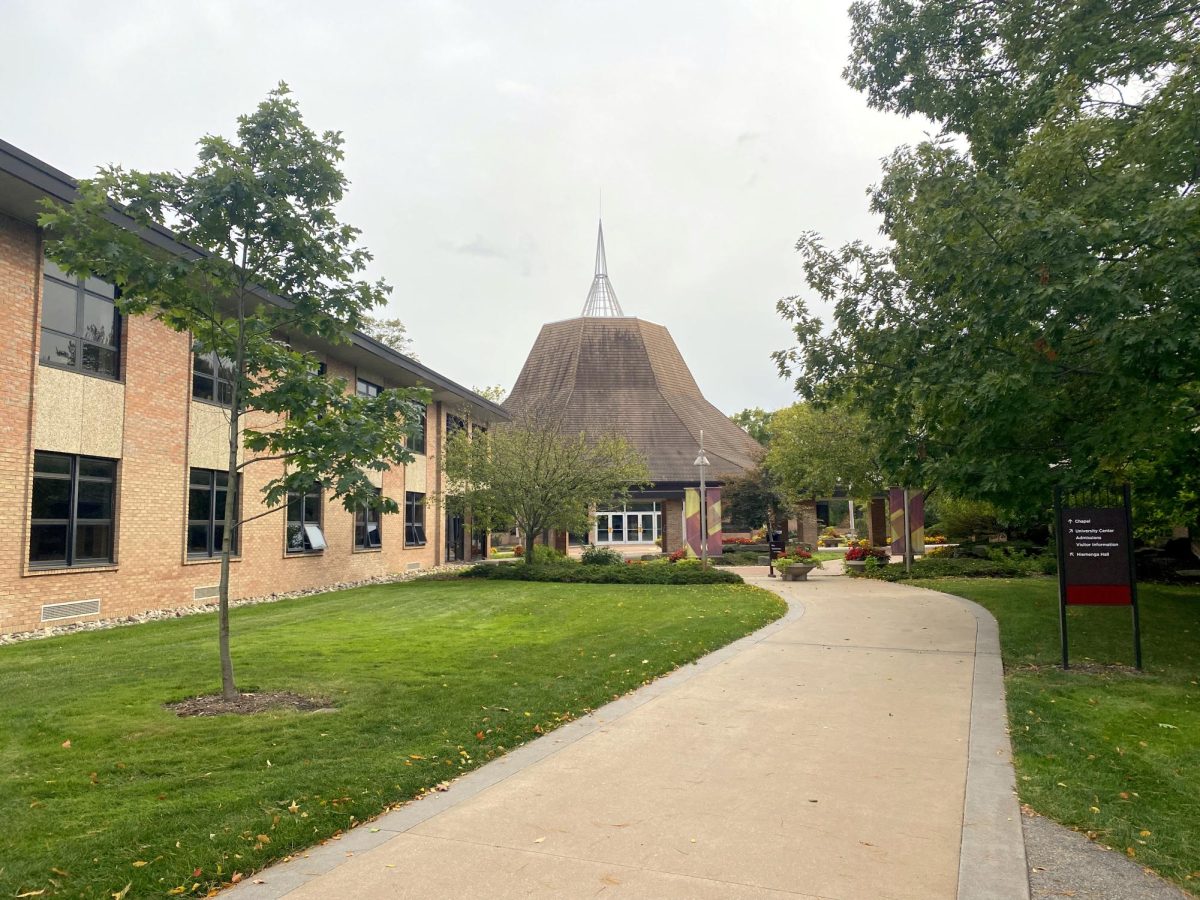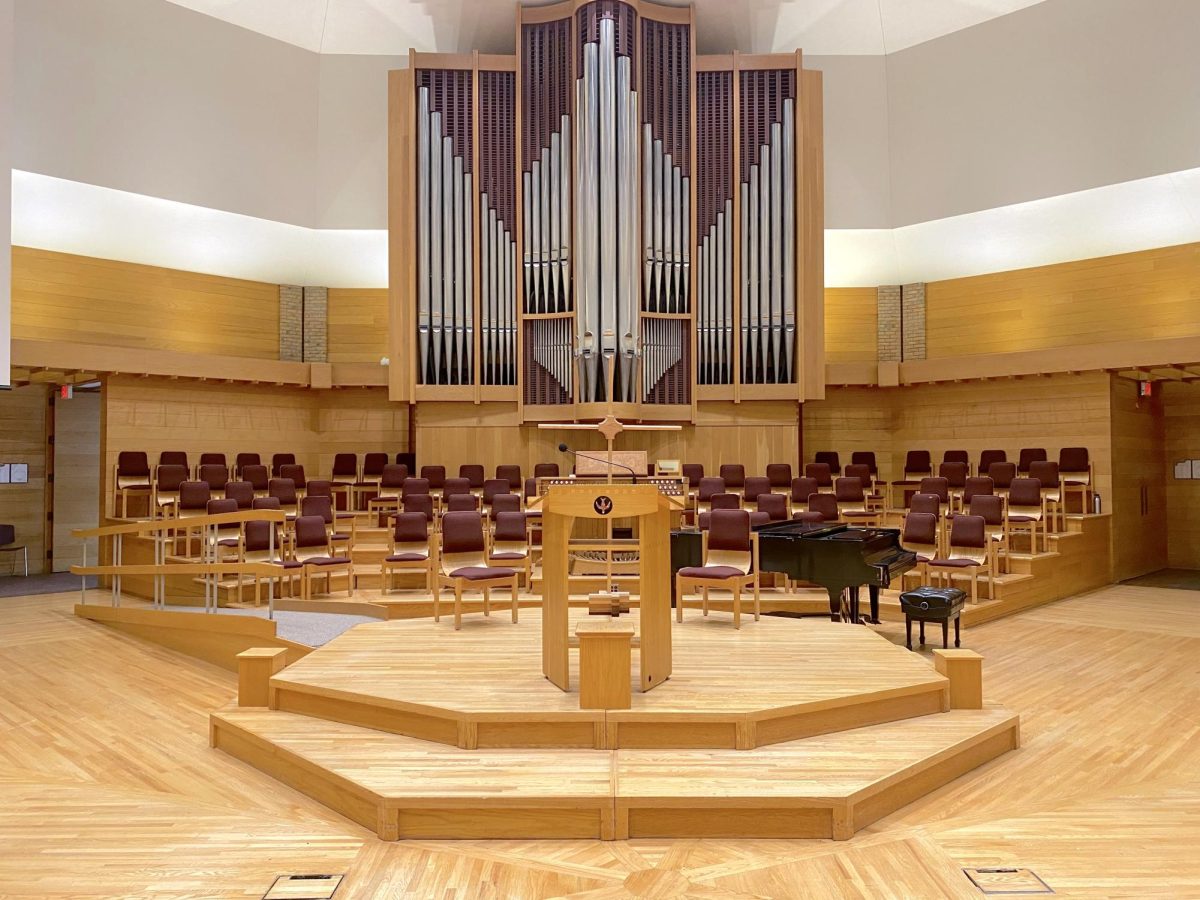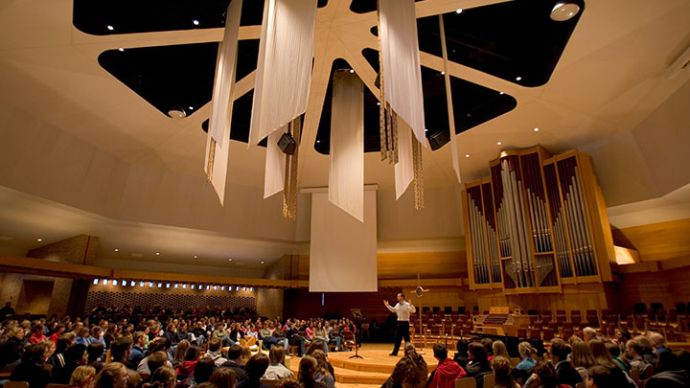Since 2013, 1,500 Protestant and Catholic churches in China have had their crosses removed from the sacred dwellings. The Chinese government officials say Christian symbols have crossed the line.
In May 2015, officials issued new laws constricting the site and placement of crosses on church buildings, which violates a clause in the Chinese constitution that states, “Citizens of the People’s Republic of China enjoy freedom of religion. No state organ, public organization or individual may compel citizens to believe in, or not to believe in, any religion; nor may they discriminate against citizens because they do, or do not believe in religion. The state protects normal religious activities.”
Officials have been removing Christian crosses from the view of the public. Not only are crosses being taken down from the top of lofty sanctuaries, but in some cases the buildings themselves are also being demolished. There have even been instances where Chinese citizens have been beaten, harassed and arrested for standing in the way of authorities.
“I am here to hold the cross in my arms and protect it. We didn’t steal. We didn’t rob. We didn’t take drugs. What did we do?” stated a citizen whose church’s cross was soon to be removed. He went on to mention that congregation members have been guarding gates of the church against authorities 24/7 for more than two months.
Chinese government requires each church and congregation member to be registered with the police, but with the removal of the cross, more “underground churches” have formed in fear of the officials’ harsh acts.
In 2014, Gu Yuese, senior pastor at Chongyi Church, publicly opposed a government-sponsored cross demolition. This led to his removal from the Three-Self Patriotic Movement, China’s largest government-approved Protestant church, which is the only state-approved denomination. The TSPM and the China Christian Council said it was necessary to “move one step closer towards the proper self-construction and management of church locations.”
The TSPM’s campaign to de-Christianize China’s skyline may be part of a nationwide campaign to “indigenize” Christianity with Chinese characteristics, suggested a recent analysis by David Ro, regional director of the Lausanne Movement. This movement has a mission to “connect influencers and ideas for global mission.”
“Three-Self churches with huge buildings and highly visible red crosses appear to resemble Western cathedrals, in contrast to the less visible ‘indigenous’ house church Christianity which some officials may feel is more appropriate for China,” Ro wrote. He continued by stating “legally registered churches are under attack while illegal churches are invited into the official dialogue.”
In 2015 there was said to be between 67 million and 106 million Christians in China, all of whom are apart of the world’s largest persecuted church. This number is difficult to estimate due to the underground churches.
Hardships of Chinese Christians are not anything new. On Feb. 21, one of the largest glimpses of hope in the difficult history of China was brought back with a modernized twist by Keith and Kristyn Getty. Missionary Frank Houghton originally wrote the hymn “Facing a Task Unfinished” in 1920.
A decade or so after the song was first written, China was in the midst of a civil war and in need of hope. The area was in desperate need of assistance that could provide them with this hope of the Good News. Houghton did not fail to do so.
Houghton traveled with the China Inland Missionary, an international and interdenominational Protestant Christian missionary society, but some years before this he wrote the song that would galvanize the Western church and draw hundreds of needed missionaries to China. This call by the CIM was for 200 men and women who know and love the Lord Jesus Christ to minister to the country then torn apart by civil war.
“Songs have the ability to unite and move us as groups,” said Keith Getty. “Frank Houghton understood this and in response to great turmoil in China, turned to writing hymns to encourage those who were witnessing martyrdom around them. ‘Facing a Task Unfinished’ provided inspiration to a generation of missionaries when it was first written, and it urges us on still, even as we also live amid persecution and martyrdom, both at home and around the world today.”
On Feb. 21, the Gettys paired with Overseas Missionary Fellowship International and 4,121 churches in 81 countries to sing the updated version of this continually uplifting song.
The new version of Houghton’s song is directed to contemporary issues such as dementia, personal loss, and terrorism. It uses familiar tunes which means choirs are not forced to learn new music after sudden tragic events.
“Usually the need will come on pretty short notice. Having a service that brings the congregation together is a very important action to help them grieve and undergird one another,” stated Deborah Carlton Loftis, executive director of the Hymn Society in the United States and Canada.
“Facing a Task Unfinished” was a sign of hope not just several decades ago, but also presently in the midst of the Chinese government’s conflicting signal on social, economic and political issue — all of which deeply affect the church.









